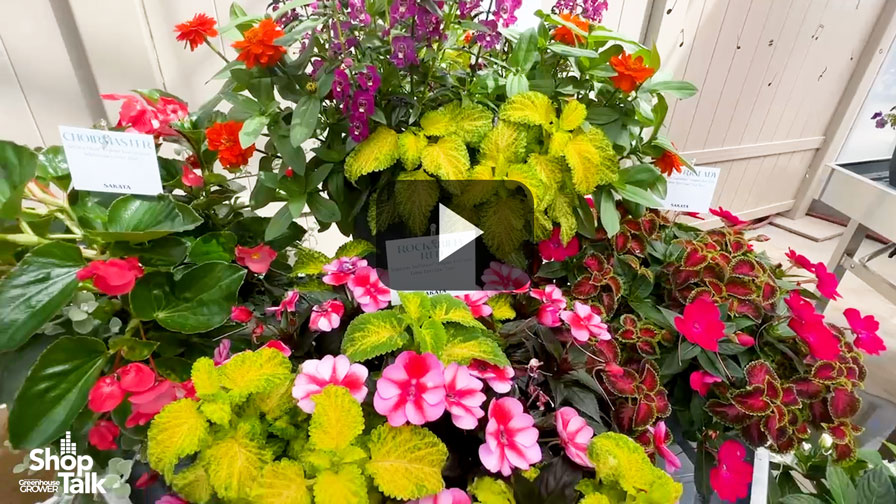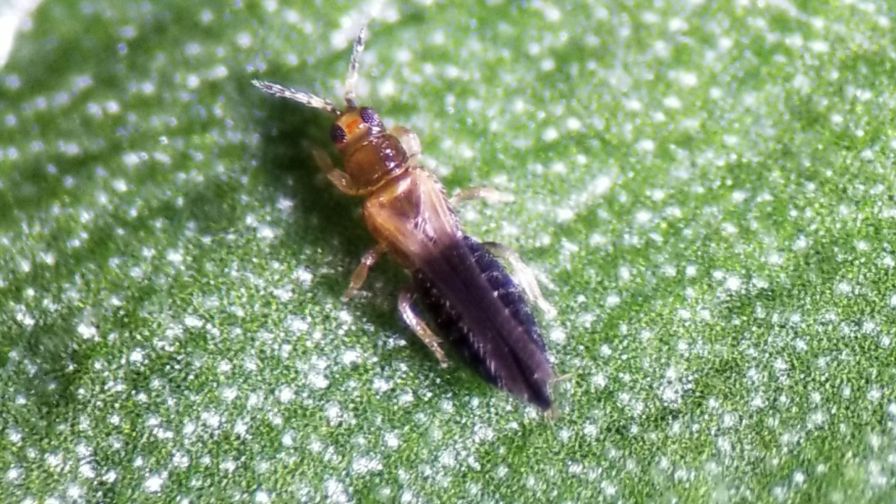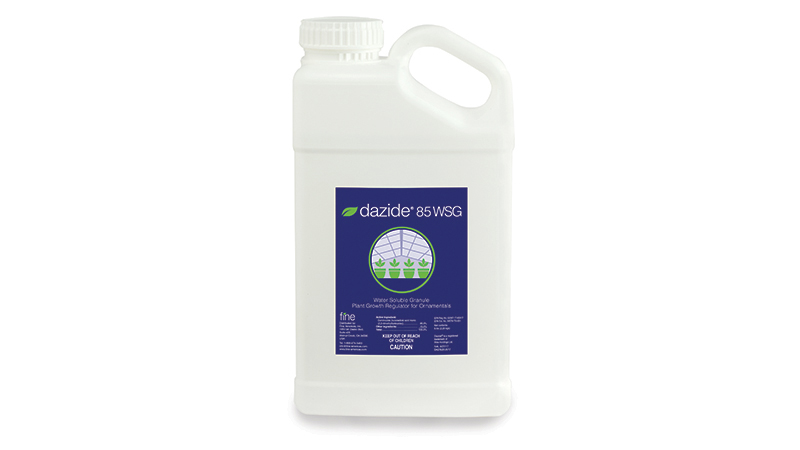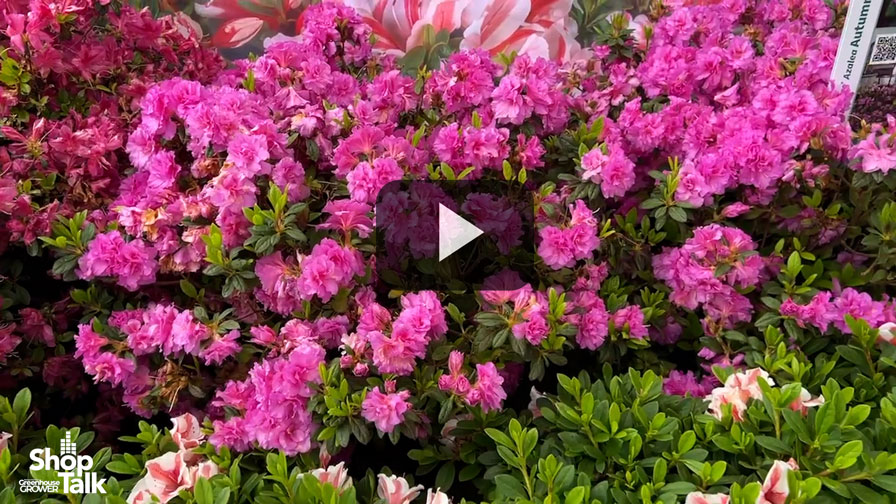Retailing Green: Waiting For More
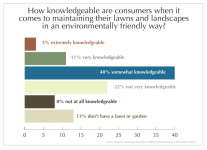
Turn the clock back about 20 years when plastic bags first hit the scene.
Remember our initial fascination with them? Plastic’s convenience compared to paper. Its cost compared to paper. And all those facts and figures that flew around declaring plastic more earth friendly than its paper predecessor.
Plastic bags are still more convenient than paper and they clearly cost less, but what about that third part? There is some validity to it in comparison to paper. Few people now, however, argue against plastic as earth friendly, considering millions of plastic bags litter our soil, streets and streams. And the toxic effects of plastic bags as they break down, now known 20 years later, hardly fall in line with that earth-friendly notion.
Plastic bags still have their place, but look how two decades changed our line of thought. Could our thinking also change two decades from now regarding some of the sustainable products and practices at your garden centers?
The debate is certainly on, although the industry seems to be gravitating toward sustainability. Some retailers, like Hoerr Nursery in Peoria, Ill., however, are taking a more measured approach as they wade through some sustainable options in wait-and-see mode.
“Ours isn’t the most popular position,” says Jane Mason, marketing director at Hoerr Nursery. “I think it’s appropriate, though. It’s not a jump on the bandwagon. We want to know good science that’s out there, and we’re eager to learn and adapt to things that will be better for the earth. As those things evolve, then we will be looking at new decisions along sustainable lines.”
Still, there are other mindsets regarding sustainability and organics. “If you’re not in sustainability and organics now and promoting it at your garden center, you better get up to speed so you can at least get a recurring income stream before big box stores get involved,” says Karl Auwaerter, co-owner of Bayport Flower Houses in Bayport, N.Y.
Keeping An Open Mind
Hoerr Nursery is, by no means, anti-sustainability. It is, in fact, all for it as long as research verifies it as the most effective means with hard results, Mason says. Nine horticulturists make up part of the staff at Hoerr Nursery, and even they will refer to the University of Illinois for recommendations when there are differences in opinion on how to best treat pests.
Take a recent Japanese beetle infestation: Some Hoerr Nursery horticulturists concluded the only way to handle the situation was through chemical treatment, whereas others thought the best approach was handpicking beetles off plants.
“There was quite a bit of discussion about which of these was the best solution,” Mason says. “There are still a lot of question marks regarding the approach to Japanese beetle and other infestation. Instead of jumping on the bandwagon one way, I think it’s a more intelligent–yet maybe less popular–approach to recognize there are different points of view. Until we can find out that one way truly is sustainable, the jury is still out.”
The same could be said for Hoerr Nursery’s approach to organics. Popular media had made organics out to be the answer, Mason says, potentially leading some people to get caught up in yet another bandwagon movement. Plus, the language associated with organics is still somewhat convoluted, potentially leading other retailers down an uncharted path.
In some cases, the path local retailers take is the one their customers will follow. Still, people are smart, Mason says, and they’ll pick up on even a hint of greenwashing.
“We know with this whole green thing–sustainability and organics–it’s so easy to overstate one’s position,” she says. “Our approach allows us to take a leadership position and not alienate a customer base that feels like the whole green thing is a sham. We’re looking at trying to inform our customers and find the best solutions for them. “In our area, we’re very rural. These are hard-working people who have grown up working with their hands, with their field and with their agricultural livestock. They have worked with chemicals, machinery and additives to feed. Their livelihood depends on it, and it’s important that we keep their trust in presenting different sides and approaches.”
Promoting Good Practices
So how does Hoerr Nursery connect with its customers on chemical approaches? Its blog, found at www.hoerrnursery.com, for starters. Hoerr Nursery expresses different points of view on a variety of subjects. Science is not necessarily set in stone, Mason says, so it makes sense to blog and have a forum where others can chime in about best approaches they’ve taken.
“The blog not only gives us an opportunity to improve our knowledge, but it offers a shared community response,” she says.
Another way Hoerr Nursery shares information with customers is through gatherings like its Idea Breakfast. The breakfast was designed to bring all employees and customers together to create a forum to discuss gardening, but garden centers could do the same with sustainability, Mason says.
Bayport Flower Houses in Bayport, N.Y., hosts similar events that bring employees and customers together. It also relies on a newsletter and display to communicate its product offerings. “The display shows everything available,” Auwaerter says. ” We have a board that might say look for this pest this month.”



